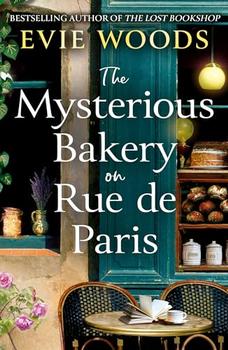Summary | Excerpt | Reviews | Beyond the book | Read-Alikes | Genres & Themes | Author Bio

An autobiographical novel about growing up gay in a working-class town in Picardy.
"Every morning in the bathroom I would repeat the same phrase to myself over and over again ... Today I'm really gonna be a tough guy." Growing up in a poor village in northern France, all Eddy Bellegueule wanted was to be a man in the eyes of his family and neighbors. But from childhood, he was different - "girlish," intellectually precocious, and attracted to other men.
Already translated into twenty languages, The End of Eddy captures the violence and desperation of life in a French factory town. It is also a sensitive, universal portrait of boyhood and sexual awakening. Like Karl Ove Knausgaard or Edmund White, Édouard Louis writes from his own undisguised experience, but he writes with an openness and a compassionate intelligence that are all his own. The result - a critical and popular triumph - has made him the most celebrated French writer of his generation.
It can be hard to read scenes such as the one where Eddy has his – not entirely consensual or wholesome – sexual initiation. But there is also something cathartic about them, particularly since readers learn early on that Eddy makes it out of this situation ("years later, when I arrived in Paris and at the École Normale…"). It helps to know that Eddy will have a life beyond this painful one. Also, I think it sparks in the reader a desire to find out what happens next. The title reflects the narrator's determination to be done with others' conceptions of who he is or should be – the passive prey, the effeminate disappointment versus the longed-for macho male, the deprived country boy – and find his own way in life. As wrenching as this coming-of-age story is at times, it escapes the trappings that plague similar work through its orientation towards the future...continued
Full Review
(712 words)
This review is available to non-members for a limited time. For full access,
become a member today.
(Reviewed by Rebecca Foster).
Édouard Louis' The End of Eddy was originally published in French in 2014, when the author was just 21. Since then it has sold 300,000 copies in France and has been translated into more than 20 languages.
The French title gives an extra dimension to the story: En finir avec Eddy Bellegueule translates more literally to Finishing off Eddy Bellegueule. In an enlightening interview with the Paris Review, Louis says that "Eddy Bellegueule" is in fact the name his parents gave him. (Whether he means the name on his birth certificate or a family nickname, I'm not sure.) Thus, the title suggests that his father and others want to finish Eddy off because he is seen as unacceptable, and that Eddy longs to do away with his childhood self to ...
This "beyond the book" feature is available to non-members for a limited time. Join today for full access.

If you liked The End of Eddy, try these:

by Edouard Louis
Published 2025
An autobiographical novel from Édouard Louis, hailed as one of the most important voices of his generation—about social class, transformation, and the perils of leaving the past behind.

by Andre Aciman
Published 2024
The author of Call Me by Your Name returns with a deeply romantic memoir of his time in Rome while on the cusp of adulthood.



Happiness makes up in height for what it lacks in length.
Click Here to find out who said this, as well as discovering other famous literary quotes!